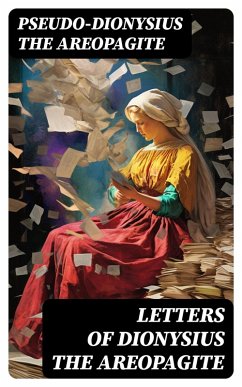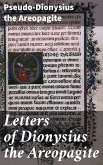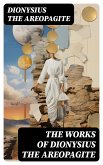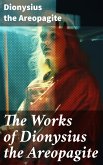In the "Letters of Dionysius the Areopagite," the author, often referred to as Pseudo-Dionysius, engages in a profound exploration of the relationship between the divine and the human, emphasizing the importance of hierarchy and participation in the celestial order. Written in a rich, mystical style, these letters draw heavily from Neoplatonic philosophy while incorporating Christian theological concepts, creating a unique synthesis that has influenced both medieval theology and mysticism. The work is situated within a broader literary context of late antiquity, offering readers profound insights into the spiritual dimensions of existence and the progression toward divine union. Pseudo-Dionysius, possibly a late 5th or early 6th-century Christian theologian, was shaped by the intellectual milieu of his time, which blended elements of Greek philosophy and early Christian thought. His enigmatic identity, often conflated with the biblical figure Dionysius the Areopagite, amplifies his authority and moral weight in addressing theological issues. His inclination towards profound metaphysical inquiry likely stemmed from a desire to articulate the ineffable nature of God, resulting in a lifelong commitment to mystical dialectics and religious experience. Readers seeking an enriched understanding of the intersection between faith and reason, as well as the complexities of divine hierarchies, will find the "Letters of Dionysius the Areopagite" to be an invaluable resource. This seminal work not only invites contemplation on the nature of God but also serves as a foundational text for those interested in the tradition of Christian mysticism and theological discourse.
Dieser Download kann aus rechtlichen Gründen nur mit Rechnungsadresse in A, B, BG, CY, CZ, D, DK, EW, E, FIN, F, GR, H, IRL, I, LT, L, LR, M, NL, PL, P, R, S, SLO, SK ausgeliefert werden.









